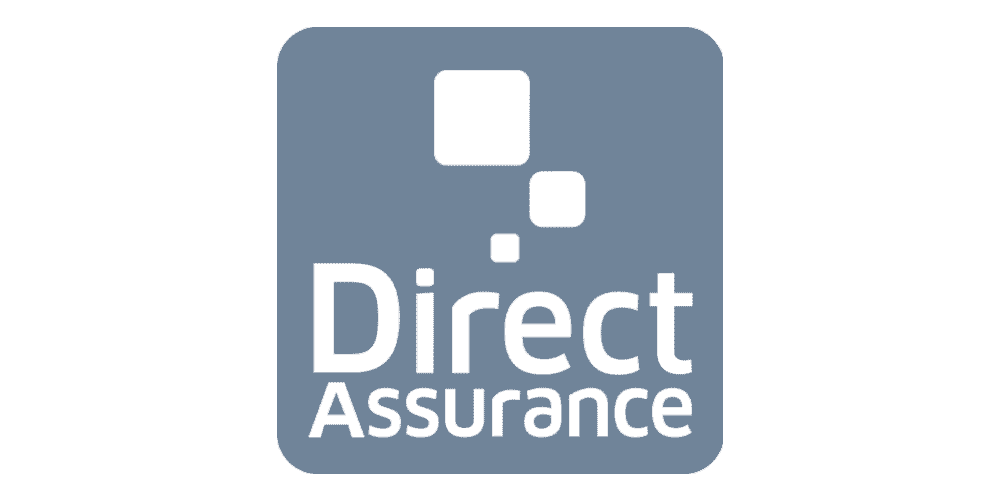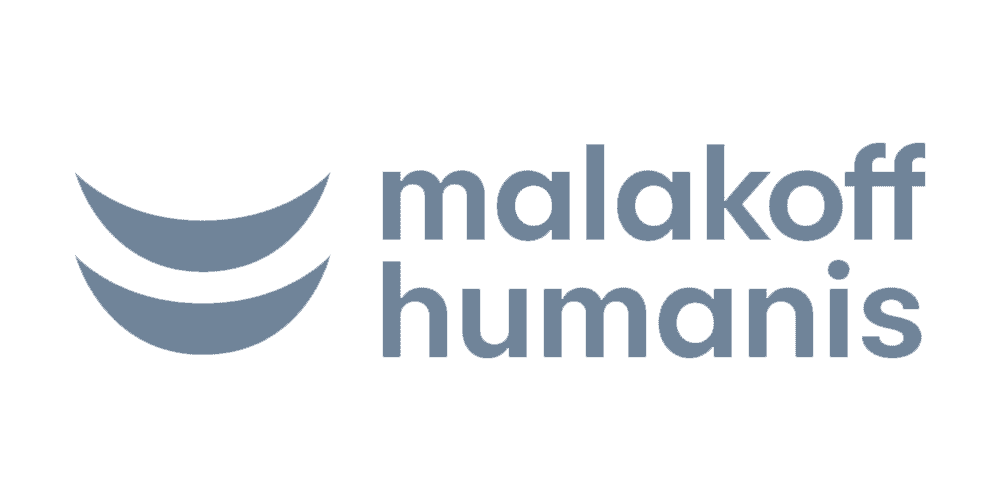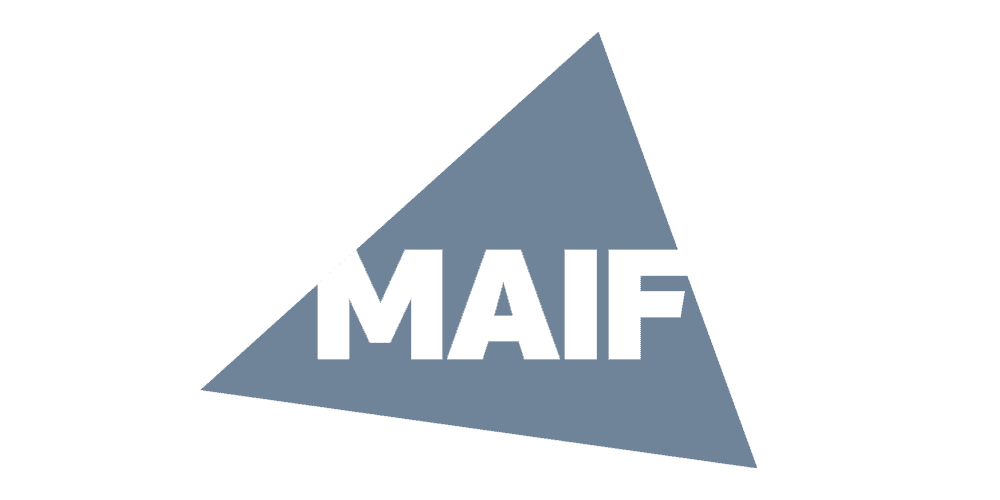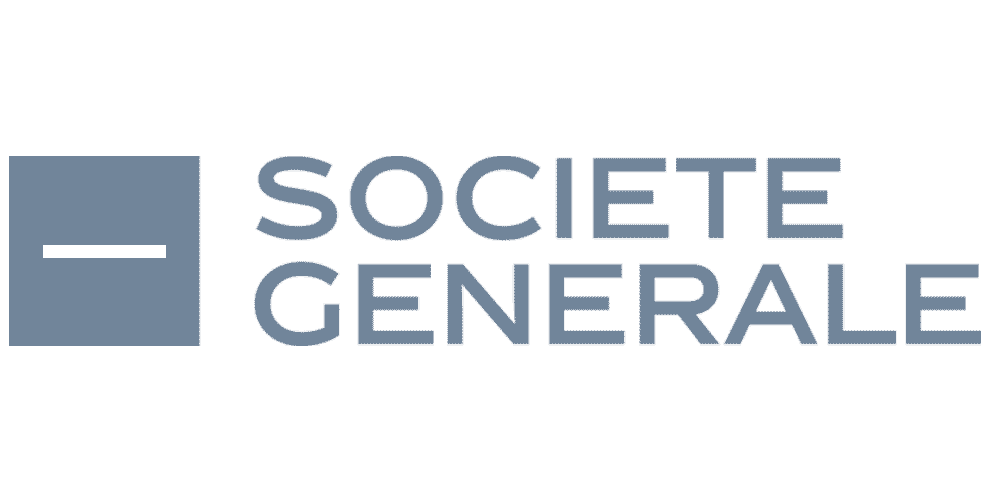New rules for Artificial Intelligence in Europe
Europe Sets the Tone with the AI Act: Towards a More Ethical and Responsible Artificial Intelligence
The European Union has just taken a historic step in regulating Artificial Intelligence (AI) by adopting the AI Act. This ambitious text is much more than a legal framework: it imposes rigorous standards of oversight, transparency, and accountability, positioning Europe as a global leader in ethical and secure AI. In the customer relationship sector, the impact of this legislation is already noticeable, promising to transform practices and redefine how AI supports interactions and the customer experience.
Towards a Structured Framework, Tailored to Risks
The AI Act introduces a regulatory framework modulated according to the risk level of AI technologies. Solutions deemed "high-risk" — notably those used in healthcare, employment, or essential services, as well as customer relations — will be subject to strict obligations of oversight, traceability, and transparency. For companies that integrate automated processing tools for requests or predictive analysis systems into their customer services, these standards involve a duty of increased transparency regarding algorithms, as well as ongoing assessment of their impacts.
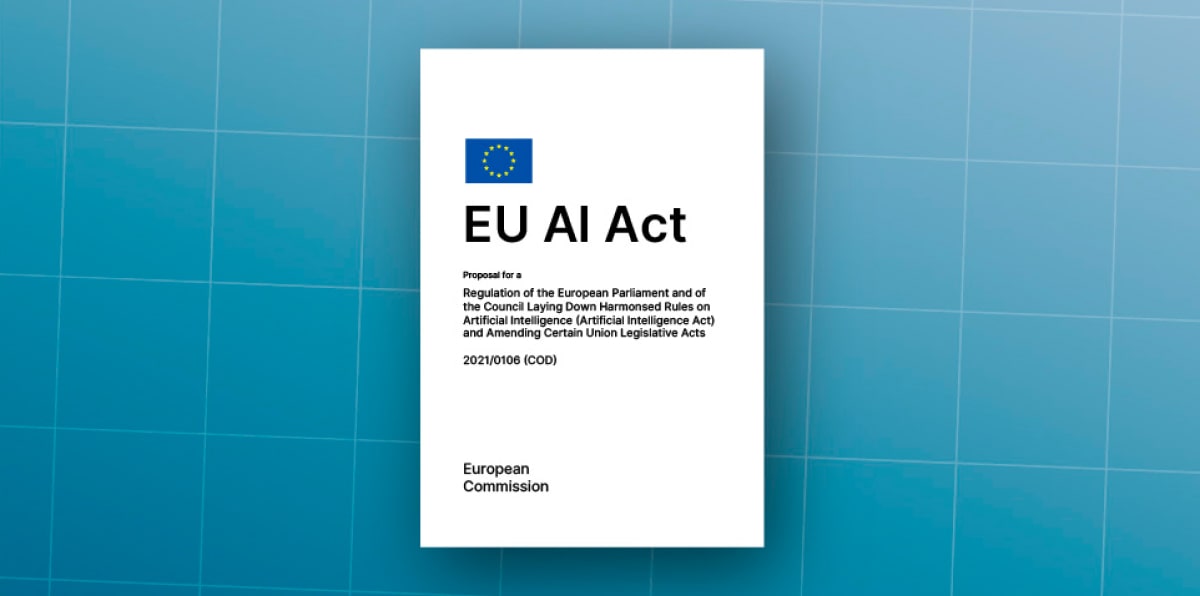
The End of Opacity in AI and Customer Interactions
The text formally prohibits mass surveillance practices and large-scale biometric categorization, except in cases of national security. This prohibition marks an essential advancement for customer relations, as it requires AI companies to have a strong ethics stance on privacy and data protection. Emotion analysis systems, biometric authentication, or scoring based on personal data must therefore comply with stringent compliance standards, ensuring that user data is neither exploited without their consent nor used for abusive profiling.
A Dedicated European Office: Towards Strengthened Governance
The enforcement of this regulation will be ensured by a European AI office, an authority capable of imposing sanctions of up to 7% of global revenue, or €35 million, for non-compliant companies. For customer relationship actors, this means that the integrity of AI processes will be subject to thorough scrutiny, guaranteeing high ethical standards from the design phase of algorithms to their use in customer service.
Reactions in the Sector: Between Challenge and Opportunity
While some tech actors fear that the AI Act will hinder innovation by adding constraints, many see this legislation as a unique opportunity. In customer relations, the AI Act could stimulate the development of transparency and ethics-centered solutions, allowing companies to strengthen their customers' trust. By regulating AI, Europe encourages companies to develop more responsible tools that enhance user experience while respecting privacy.
The AI Act, an Opportunity for Tomorrow's Customer Relations
The AI Act establishes a solid framework and a clear direction for responsible AI, prioritizing ethics and transparency in every interaction. As customer relationship companies increasingly invest in chatbots, speech analytics systems, and other automation tools, this legislation encourages them to integrate AI that respects not only users' rights but also the brands' image. With the AI Act, Europe sets the tone for a future where innovation and ethics converge to create human-centered artificial intelligence.
Europe Leading the Way in Human-Centered AI
By adopting the AI Act, Europe reaffirms its ambition for an AI that serves humanity, placing customer relations and user experience at the heart of its priorities. Whether this framework is seen as a constraint or an opportunity, it is now evident that a more ethical and transparent AI is on the way. For customer relationship companies, the AI Act represents both a challenge and a unique chance to redefine their approach, for increasingly personalized, respectful services that align with their clients' expectations.














